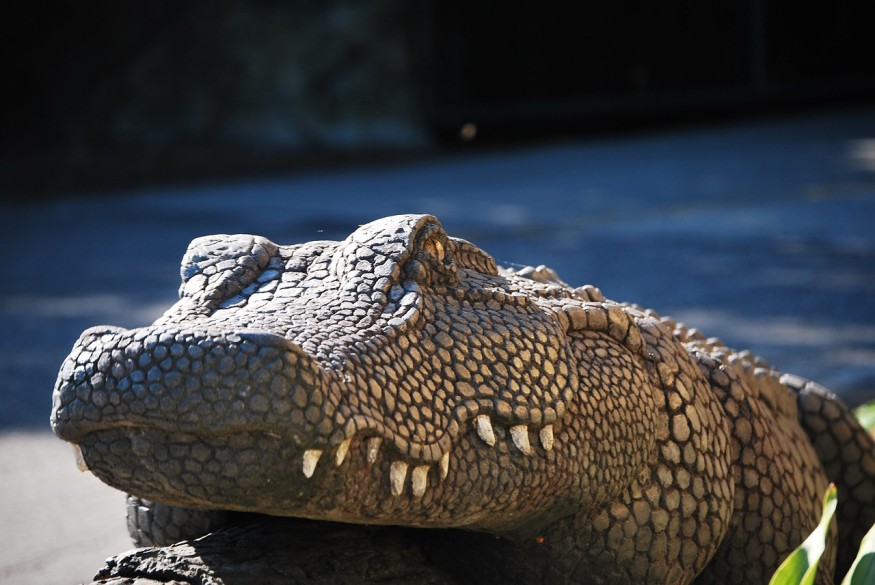
Cassius, the world's largest living crocodile in captivity, is 120 years old and lives in Australia. Experts that conducted the crocodile's annual health assessment revealed that the happy and healthy croc still has a few more years to come.
Cassius: the World's Largest Living Crocodile in Captivity
According to Live Science, Cassius has a length of 18 feet, making him the world's largest living crocodile in captivity. Ripley's adds that Cassius' massive length has made him outgrow his biggest rivals in the wild, such as the 15.4-foot-long saltwater crocodile that was found in Australia in 2018.
Just recently, Cassius reached his 120th year.
It was back in 1984 when Graeme Webb, a crocodile researcher who was in his 30s back then, got captured inside a rope trap in La Belle Station's Finnis River. This is roughly 81 kilometers from Darwin's southwest, per ABC News. Professor Webb, along with crocodile scientists Karen Dempsey and Charlie Manolis, got contracted to catch the beast to help station owners who were losing their livestock.
Cassius was then dragged out of the rope trap using a vehicle for catching buffalo. The croc was then loaded into a cattle truck and transported to a specialized pond in La Belle Station, Professor Webb recalled.
He added that the primary concern was to get the creature out to stop it from struggling and to bring it to a place that is suitable for its recuperation. The professor further explains that back then, the sight of big crocodiles was rare and that nobody was considerably experienced in handling them live.
Professor Webb further adds that Cassius was old and big back then. He explains that when Cassius was captured, the crocodile was aged around 30 to 80 years old. Now, after 38 years, the creature is still alive. This significantly contributes to what is currently known about longevity.
Read also: Most Dangerous Human-Killing Animals in the World: Don't Think Twice About Avoiding These Creatures
Cassius Could Live Even Longer
Crocodile keeper Toody Scott, who is from the Marineland park where the crocodile dwells, explains that Cassius' health checkup, which was done on June 19, explained to Live Science via email that there is no reason to think that the croc will not live for more years to come.
Adam Rosenblatt, an assistant biology professor from the University of North Florida, explains that researchers are not very sure about the exact lifespan of saltwater crocodiles. However, they may pass away due to old age.
Professor Rosenblatt explains that his informed guess is that the crocodilian group may live from 100 to 120 years old. However, they may only live that long in captivity. He adds that most wild crocodiles probably will not live more than 60 years.
Live Science adds that the old crocodile is set for another health assessment next year. These are typically conducted via observation to avoid stressing the creature. Scott explains that crocodiles are top predators and have quite a frightening flight or fight response. If the creature gets restrained, the flight response may get triggered, and it may take a while for the creature to recover.
Scott further explains that a stress-free crocodile will self-heal itself from any kind of injury and be free from illnesses. Their immune systems are stronger compared to their stressed counterparts.
Keepers will ensure that Cassius receives sufficient sunlight to stay healthy by clearing the canopy on his pen.
RELATED ARTICLE : Brother Bravely Saves Nine-Year-Old Sister by Fighting a Crocodile and Holding the Creature's Jaws in Place
Check out more news and information on Animals in Science Times.












